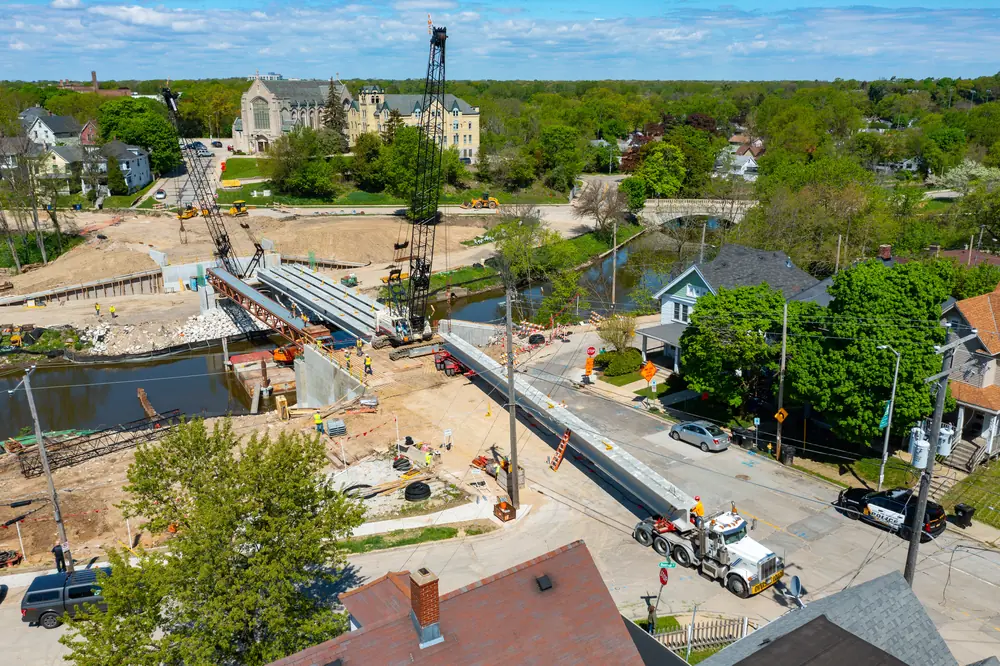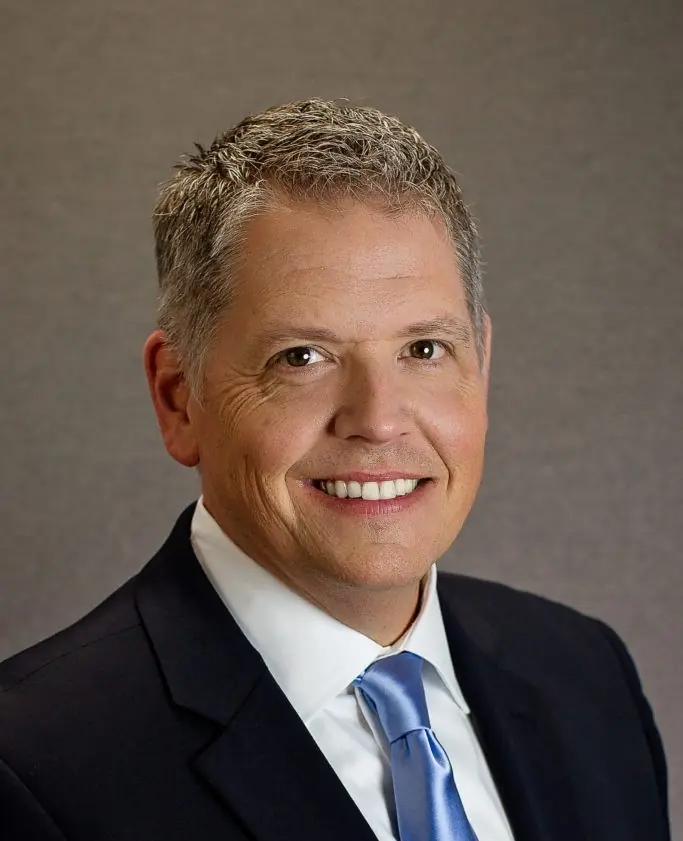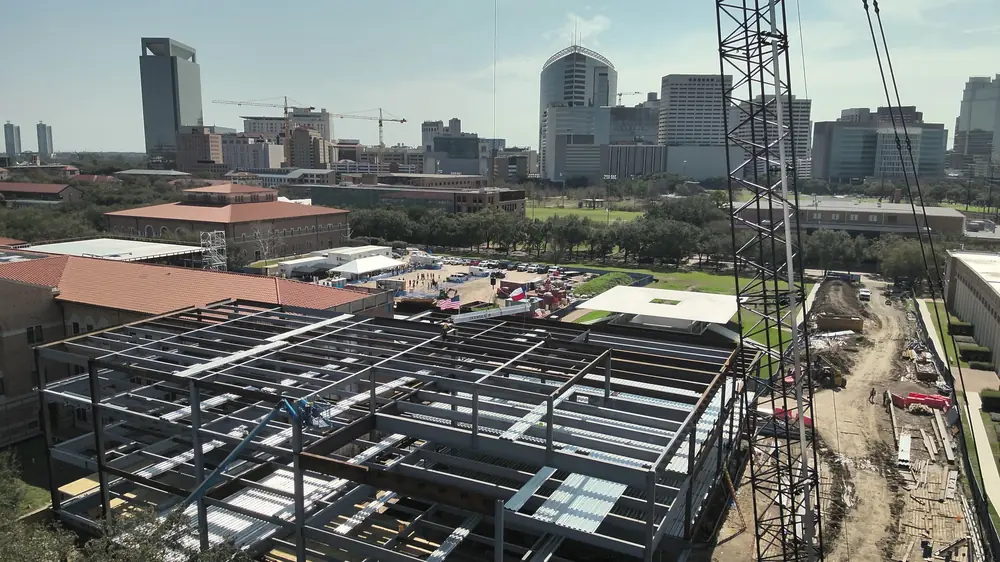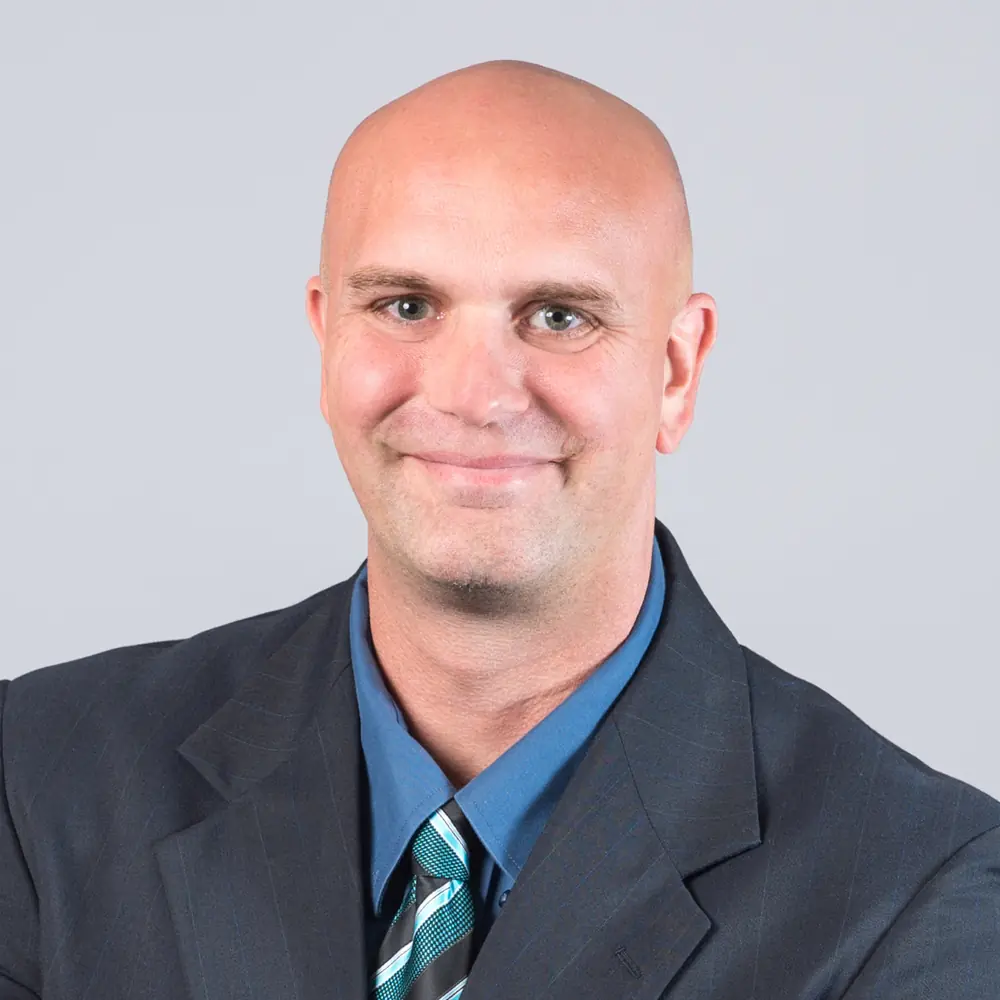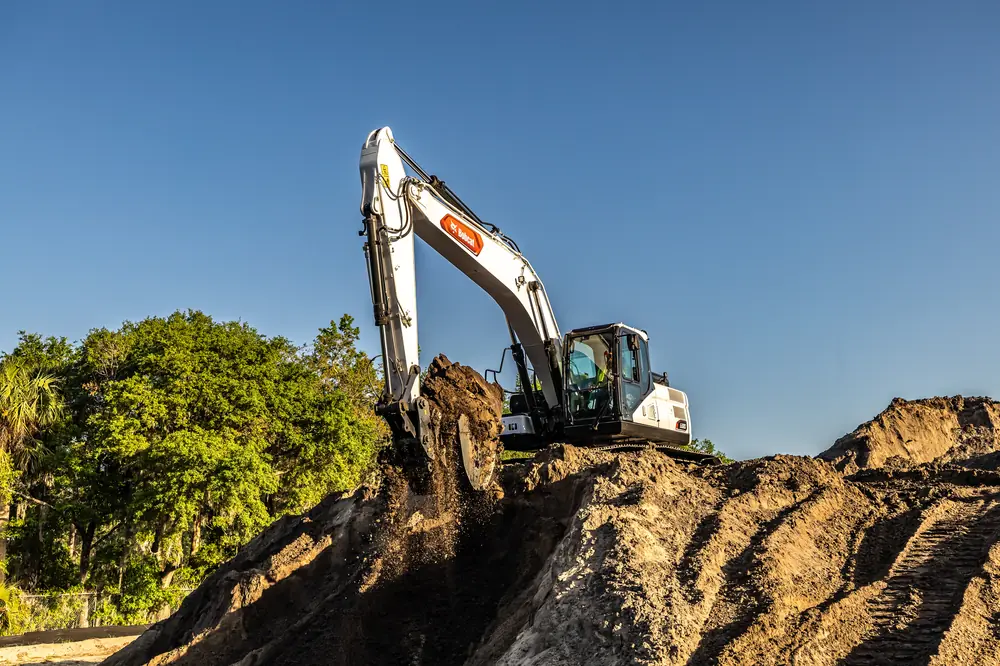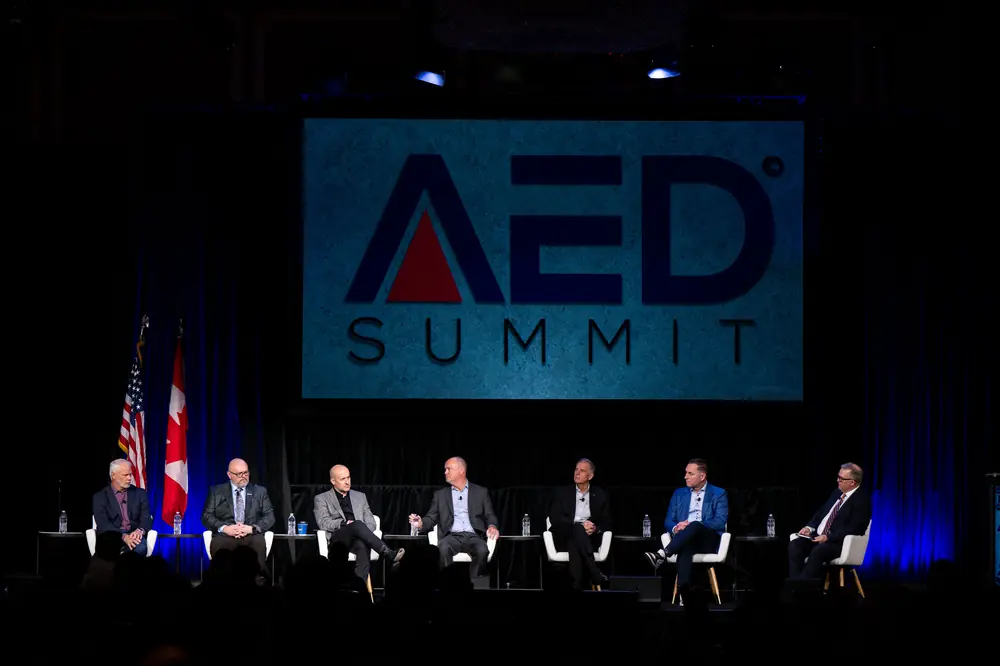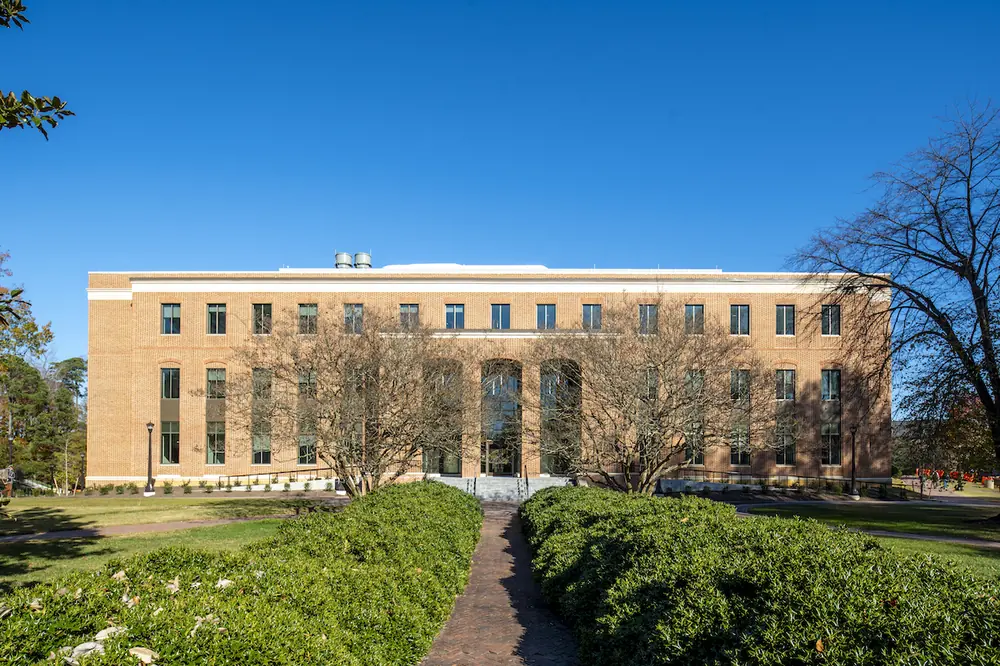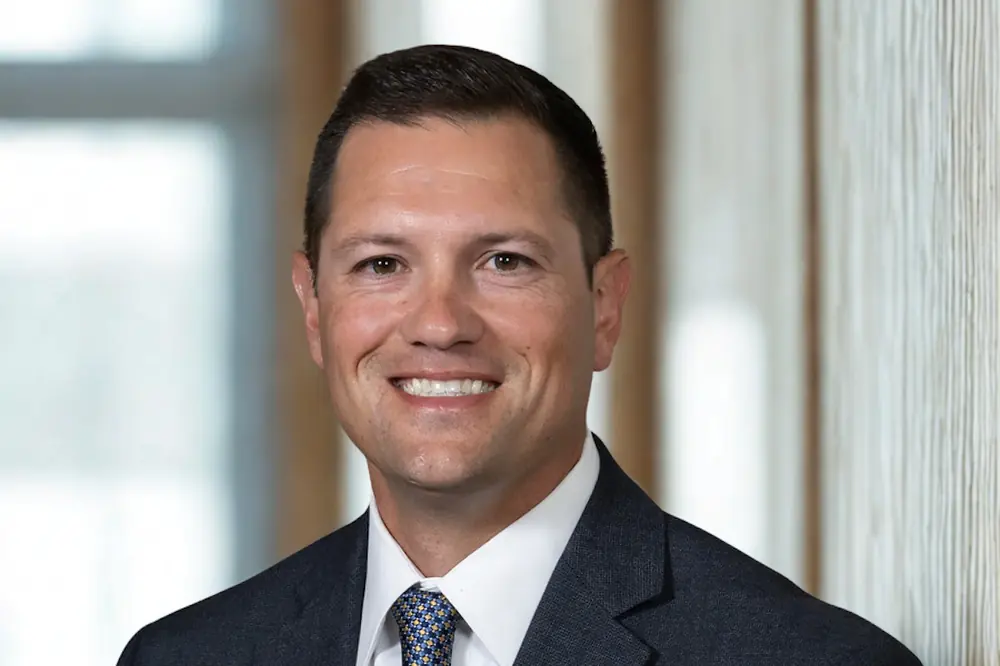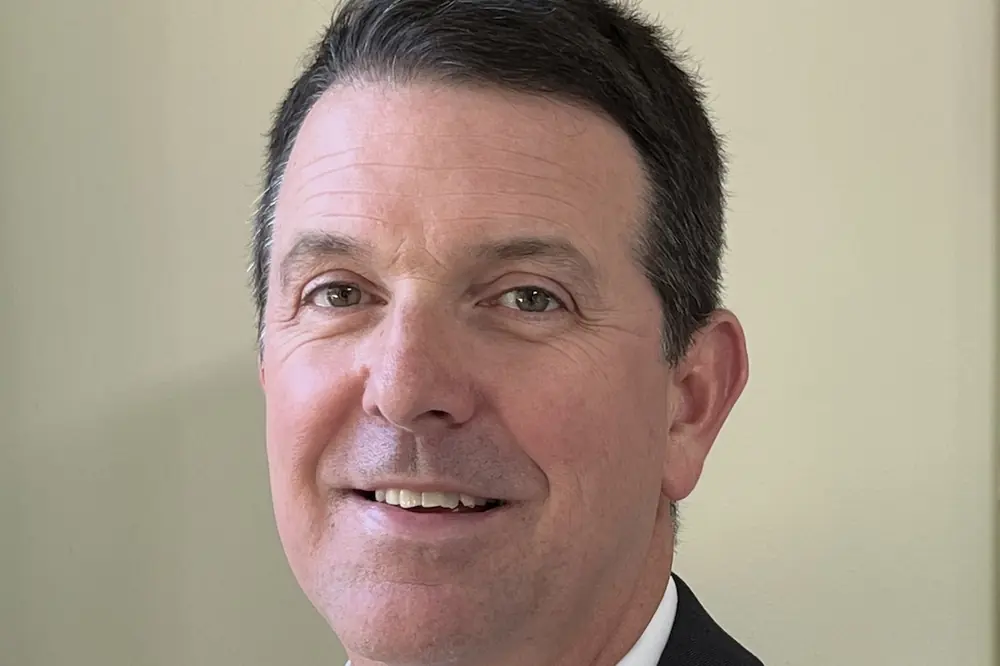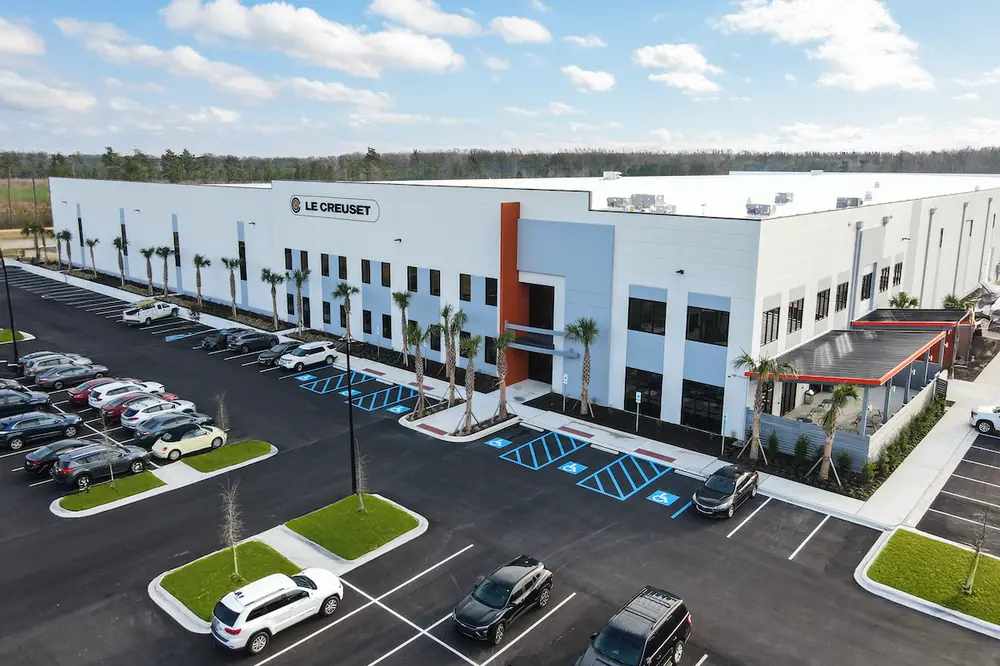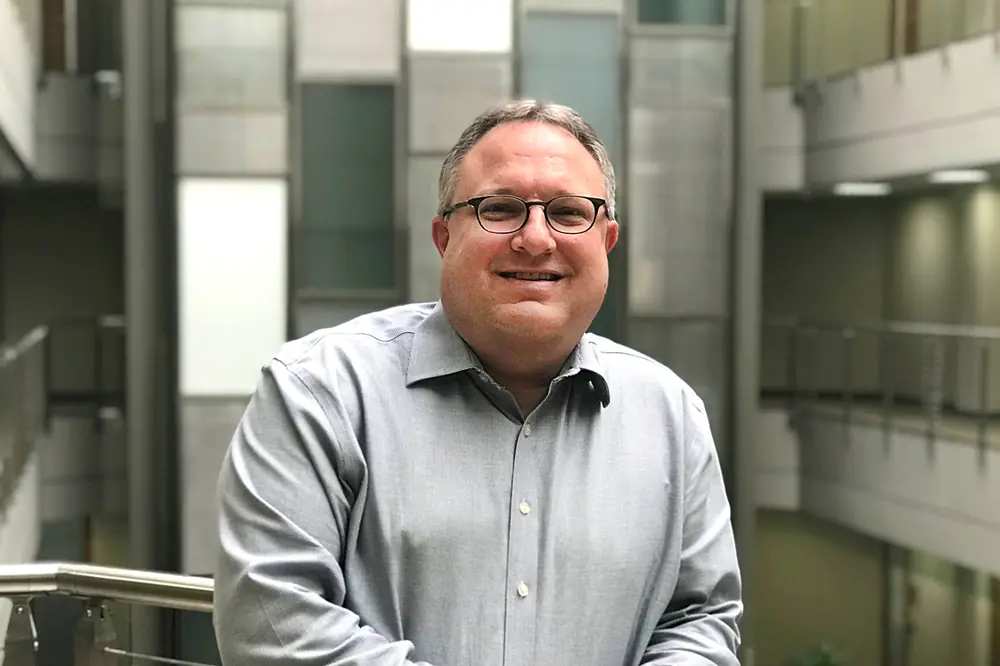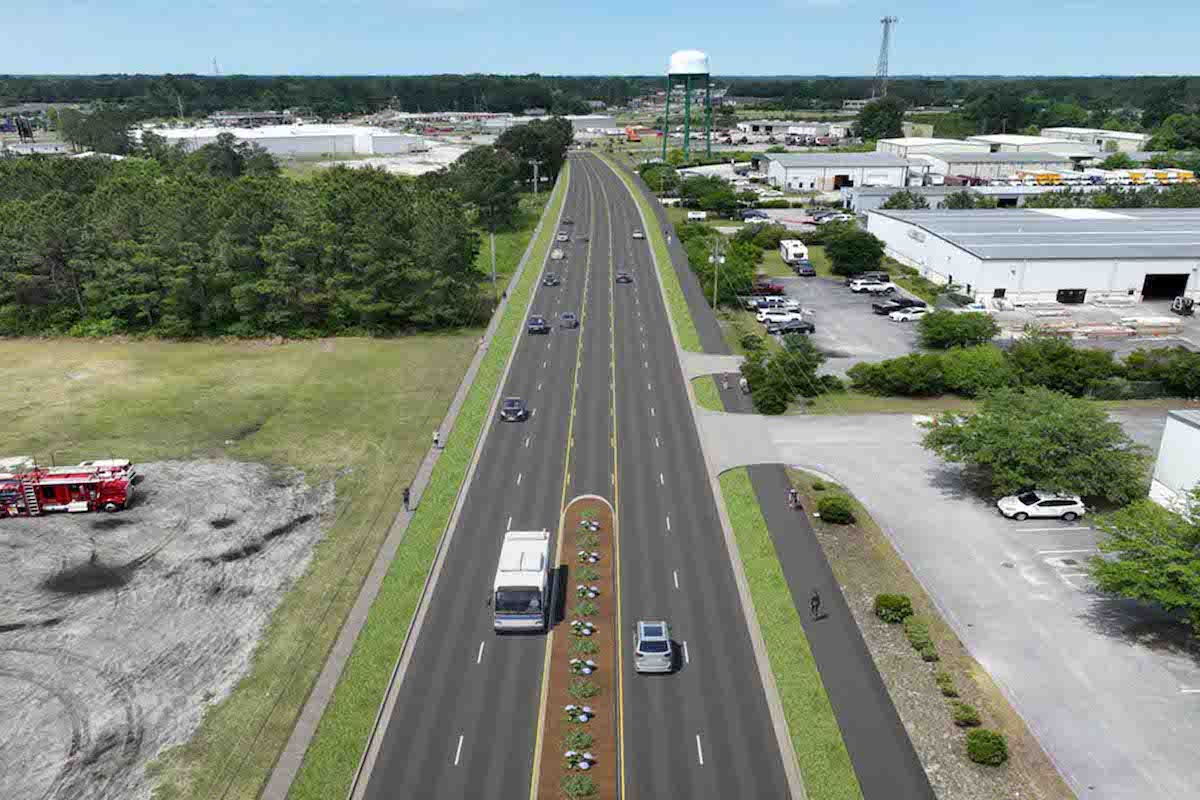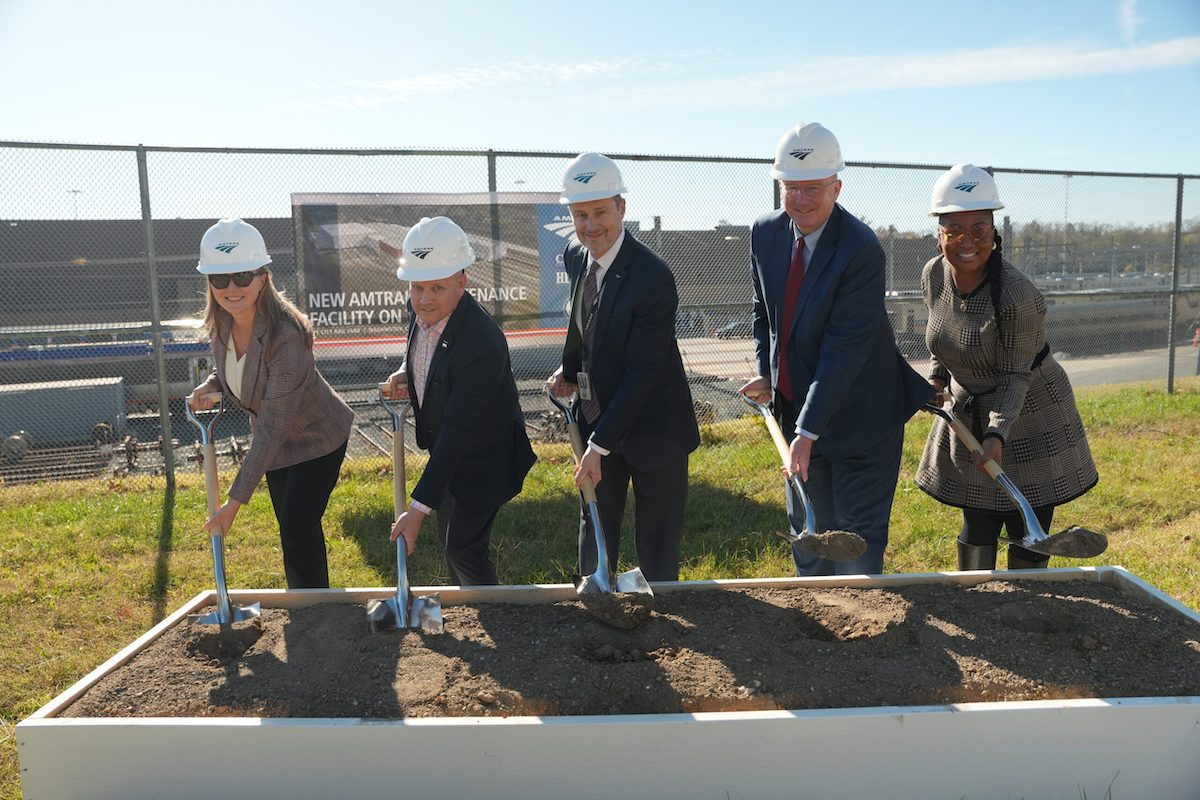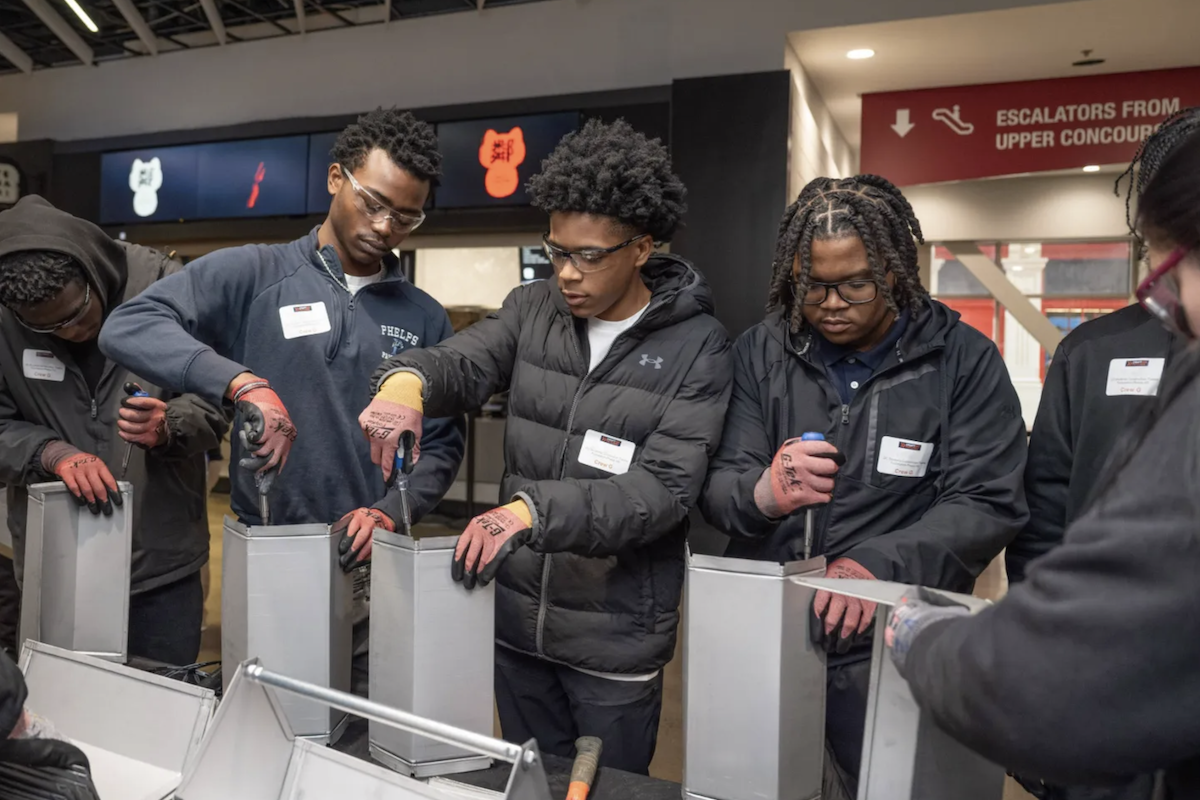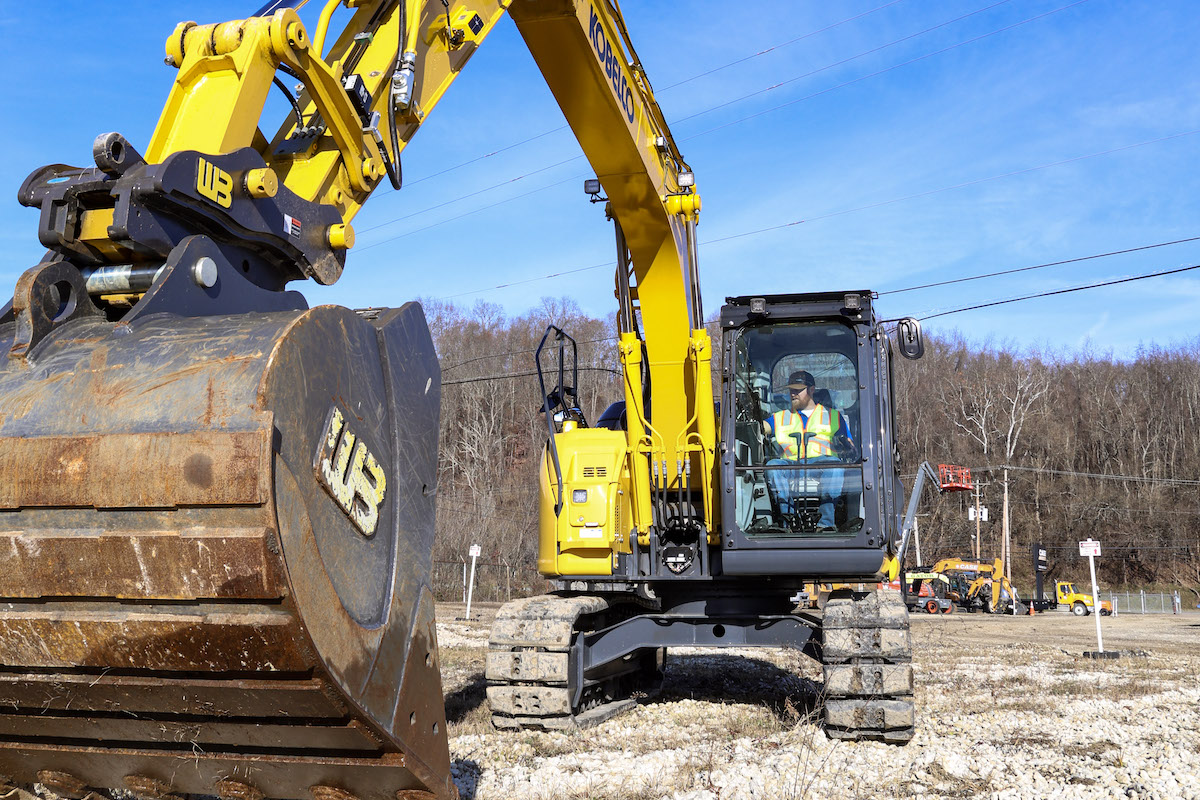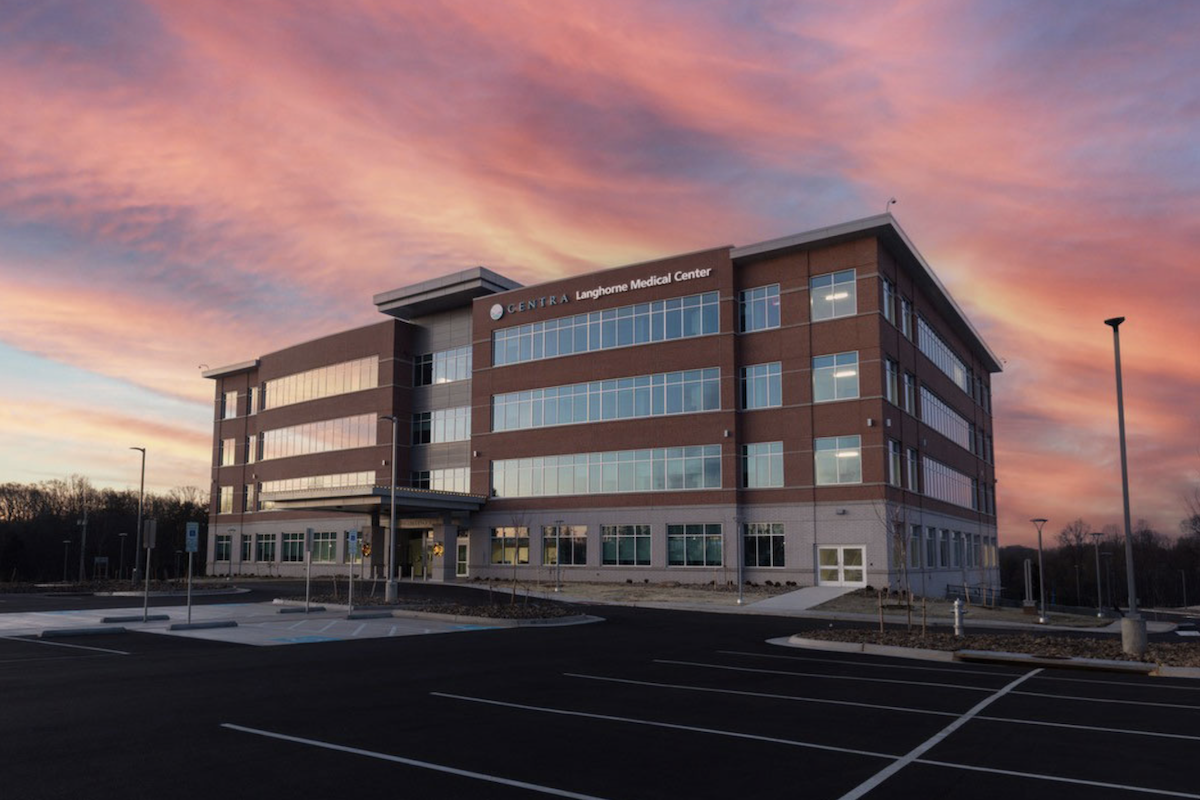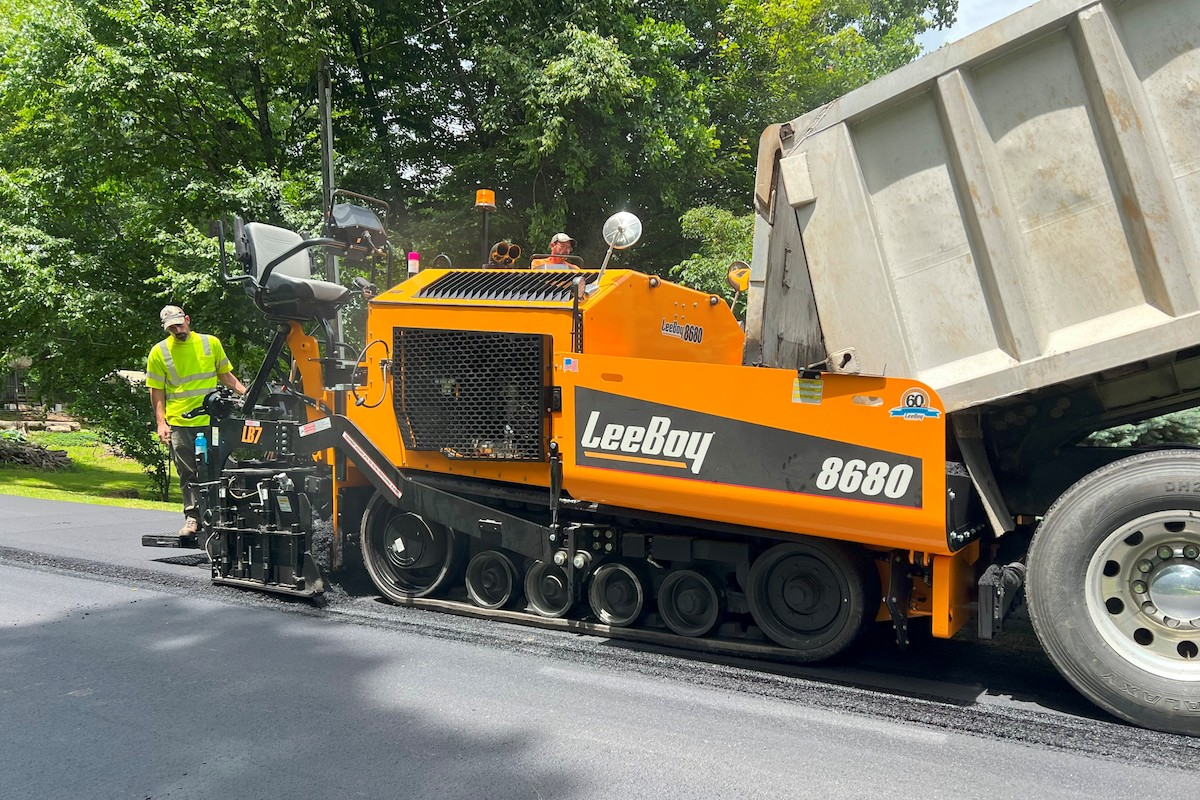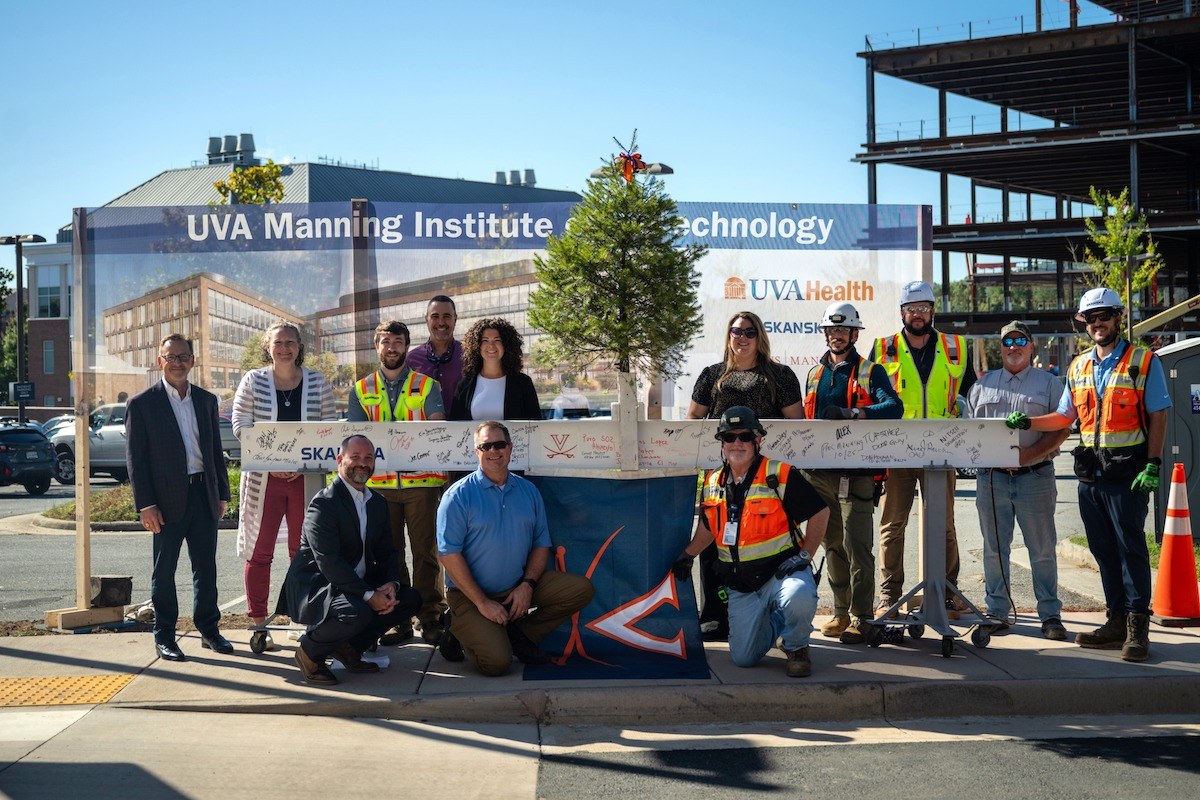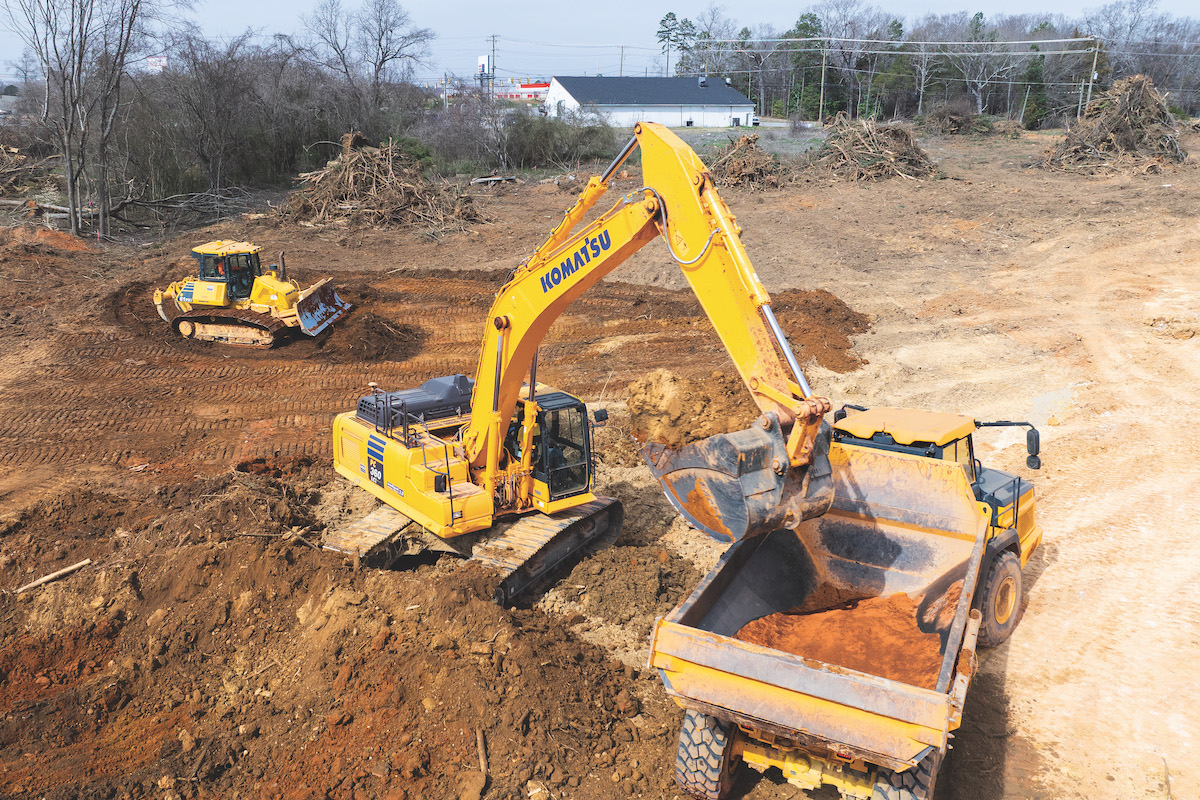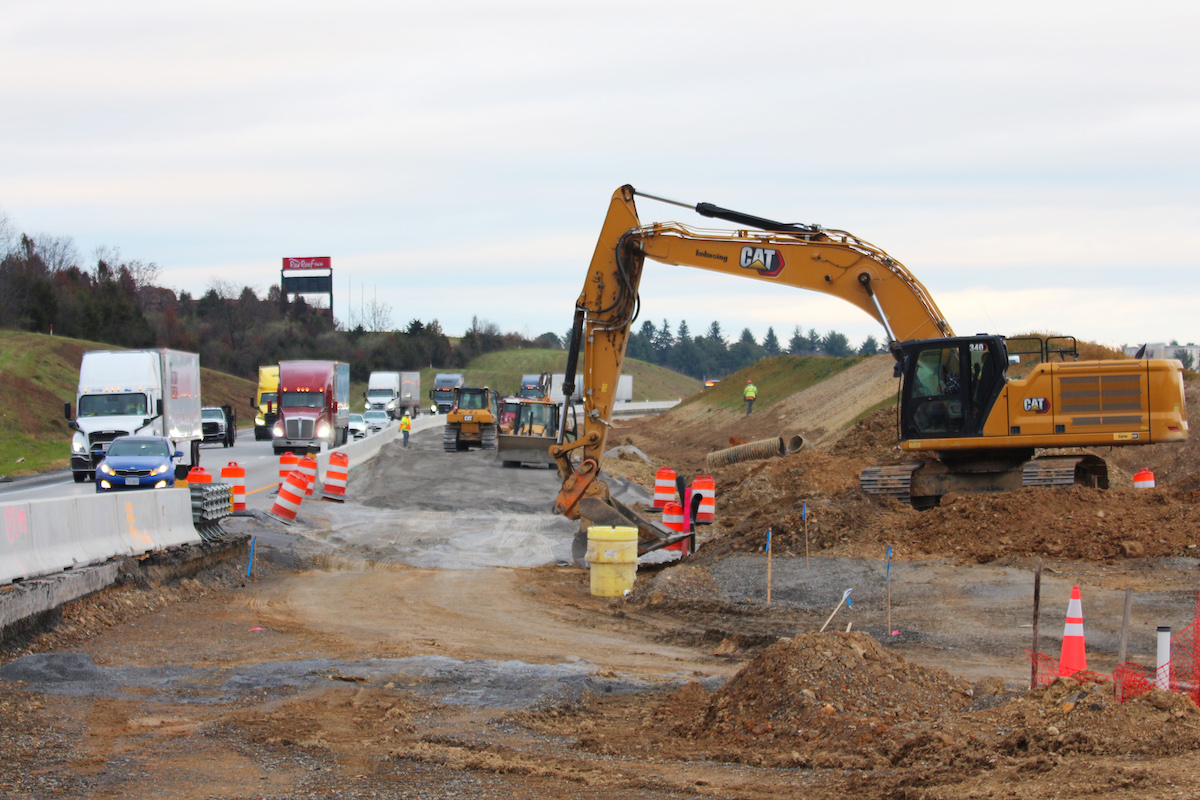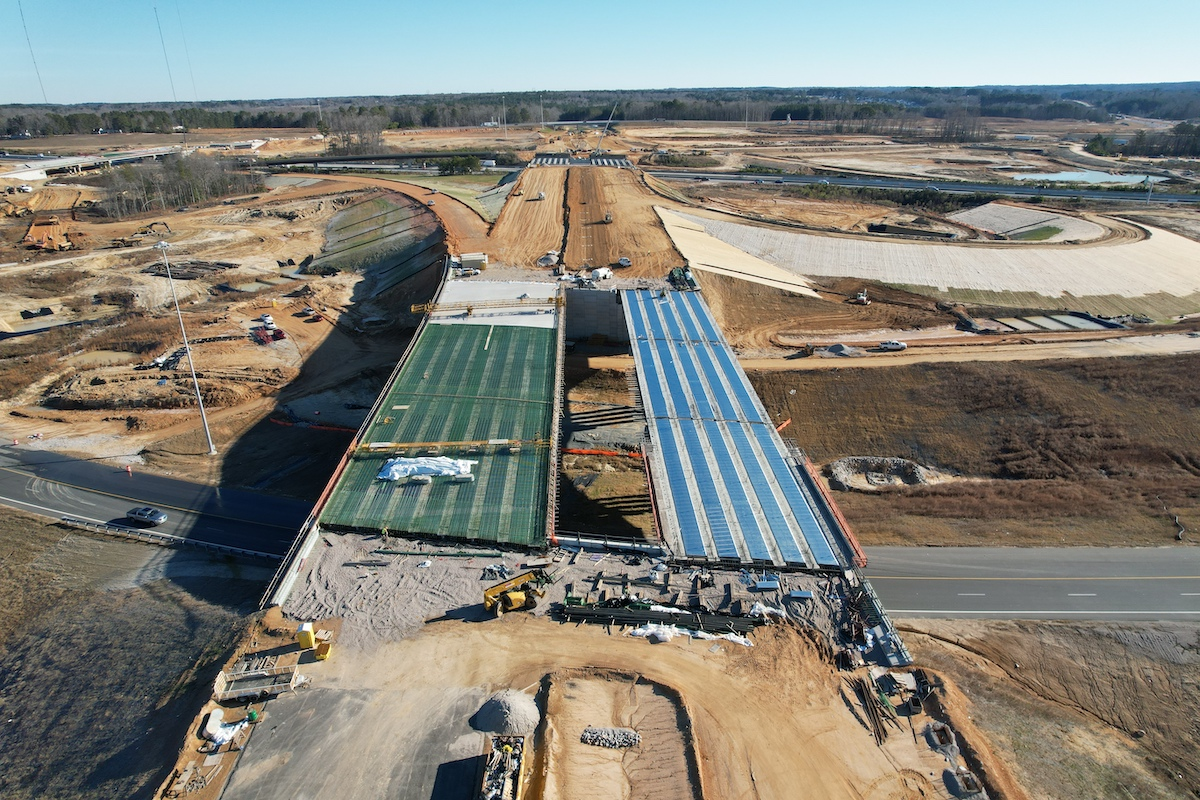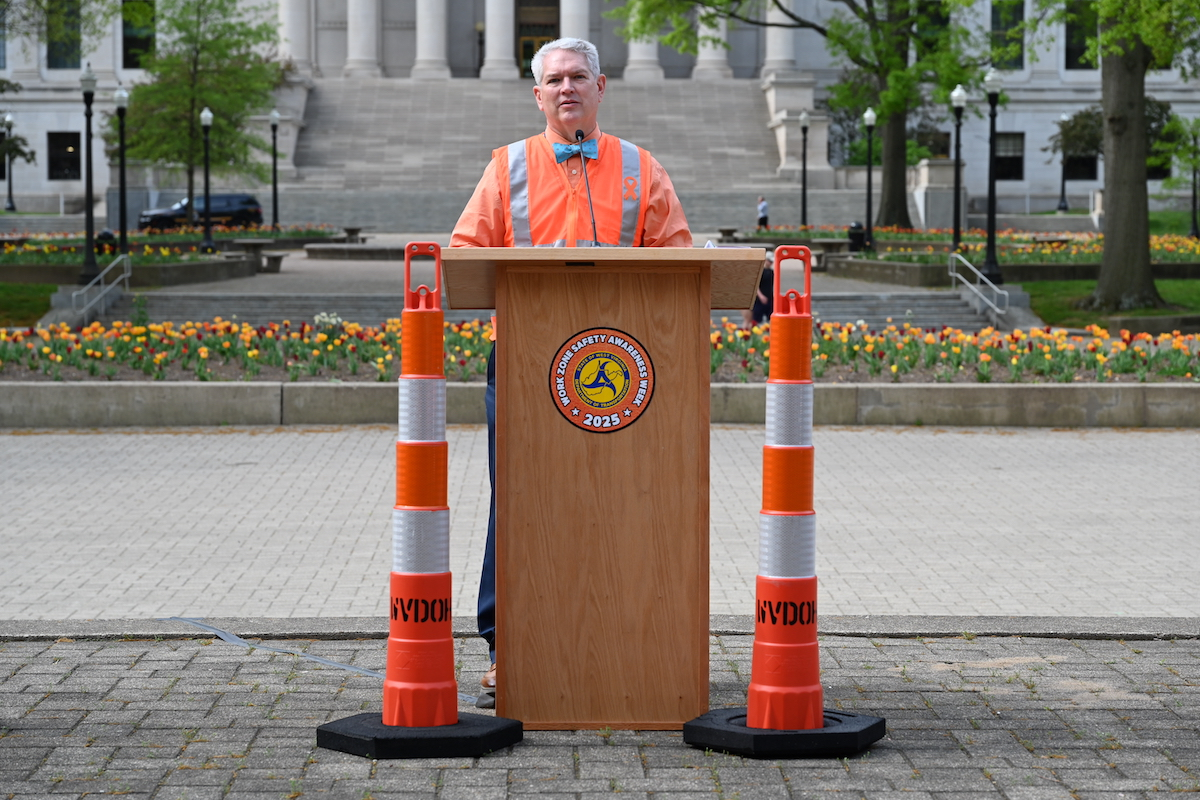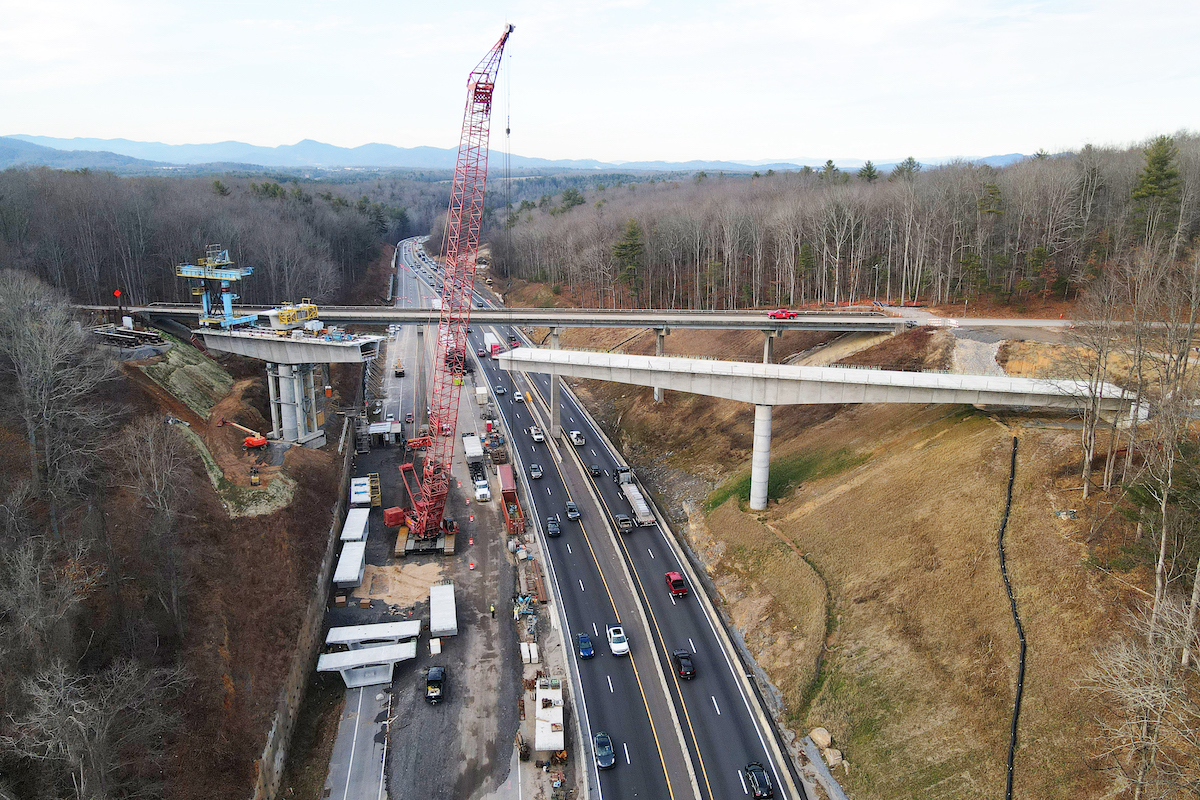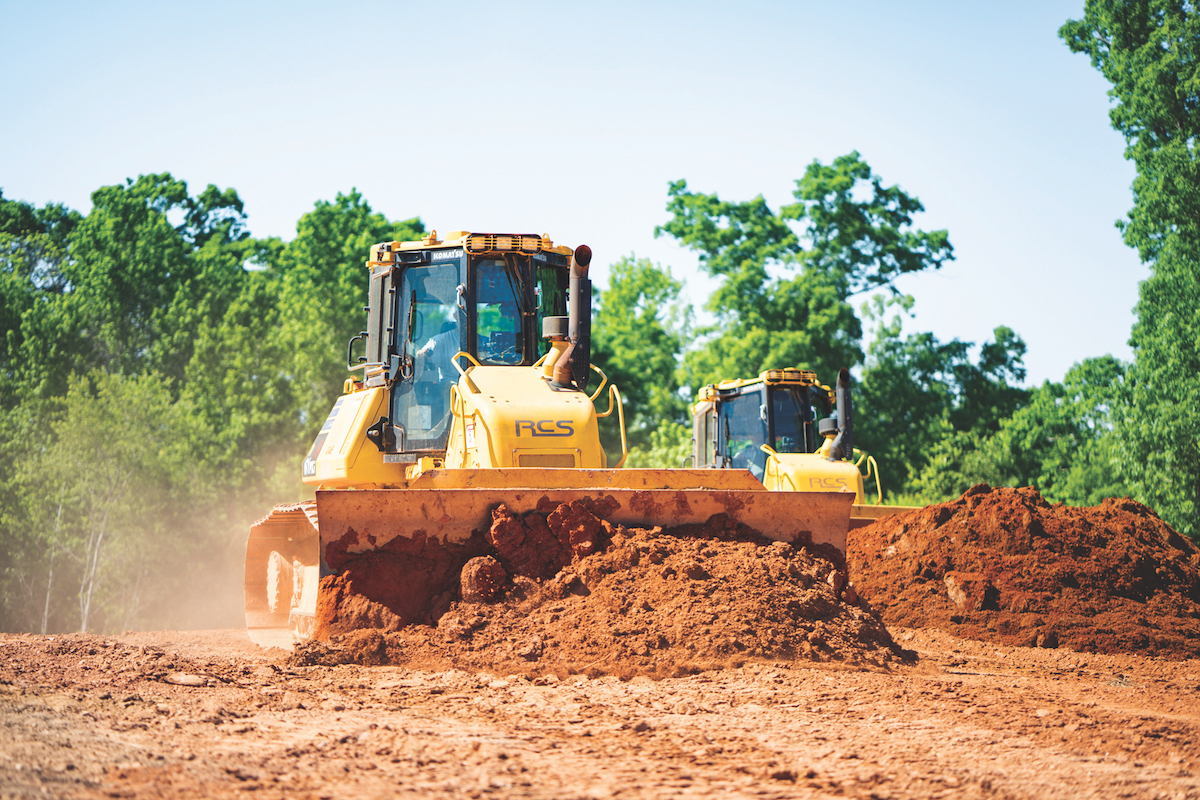SL 335, which was originally constructed in 1960, is a 40-mile square or loop that surrounds Amarillo. The loop connects to national and regional corridors, along with local arterials.
“The TxDOT Amarillo District and the Amarillo MPO ... [have] the goal of upgrading the entire loop to a controlled-access roadway consisting of main lanes, ramps, one-way frontage roads with bicycle and pedestrian accommodations, and four multi-level interchanges,” said Joe Chappell, PE, the Amarillo Area Engineer for TxDOT.
When finished, the new freeway will feature two lanes in each direction, with accommodation for two additional lanes in the center. The upgraded SL 335 will support the Ports-to-Plains Corridor, which aims to expedite transportation of freight and goods along a route from Mexico to Canada.
“The purpose of SL 335,” Chappell said, “is to increase mobility and connectivity around Amarillo, relieve interstate traffic congestion, and decrease traffic going through downtown.”

| Your local Trimble Construction Division dealer |
|---|
| SITECH Mid-South |
A development study was created to review traffic in the area and suggested the loop could be upgraded to a freeway along the current alignment, except for one short stretch. This stretch has to be rerouted 1 mile west because a portion of the existing roadway evolved into an urban arterial. This requires the team to build an overpass.
The massive project was divided into four main segments or quadrants. The team is nearly complete with Southwest Segment B, which began in early 2018. The 9.9-mile Segment B has been subdivided into four phases:
- B-1 Phase 1 was completed in mid-2023.
- B-1 Phase 2 is expected to be completed in fall 2024.
- B-2 Phase 1 was completed in mid-2023.
- B-2 Phase 2 was completed in March 2024.
The realignment noted above is on sub-segment B-2.
Chappell explained the scope of Segment B. “Non-freeways are being converted to freeways,” he said. “Approximately 9.9 miles of proposed improvements include multi-level interchanges at I-27 south and I-40 west, new location sub-segment with main lanes, ramps, frontage roads, and grade separations at arterials.” The team determined the scope based on several studies and public input.
The department’s website said that “playas go through frequent, unpredictable, wet/dry cycles. In wet years, they support the production of annual plants, such as smartweeds and millets. ... This productivity makes playas havens for birds and other wildlife throughout the year.”
There are two playa lakes located on the southwest section of Segment B. “The location of the lakes caused temporary delays because we had to drain it ourselves in order to proceed with the work on the project,” Chappell said. One of the lakes, which has a bridge built over it, experienced some flooding that delayed work on that part for three months. However, crews continued to work on other parts of the project while the flooding went down.
Another environmental issue involved the Amarillo Helium Plant. The plant opened in 1929, at which time it was the world’s only helium production facility. It closed in 1996. According to TxDOT, the plant “was previously determined eligible for listing in the National Register of Historic Places for its association with the federal government’s helium program as the headquarters and primary research laboratory.”
How is this relevant to the SL 335 project? As part of TxDOT’s Memorandum of Agreement for right of way acquisition for the overpass, TxDOT worked with a variety of stakeholders to preserve the story of the helium plant, conducting public involvement and educational campaigns. The highway is adjacent to the plant.
Finally, there is the Texas black-tailed prairie dog. According to the Texas Parks and Wildlife Department, “black-tailed prairie dogs ... are an important part of the grassland ecosystems found in the western portions of Texas. ... A variety of threats have reduced numbers of prairie dogs from the vast numbers reported in Texas from the early 20th century. ... Potential threats include conversion of habitat to other uses.”
The prairie dogs in and around Segment B made construction more complicated. “Prairie dogs were relocated from east of the helium plant to another safer location for them,” Chappell said. To do so, TxDOT hired Lynda Watson, a professional prairie dog relocator to capture and relocate a colony of prairie dogs to a ranch 100 miles away.
ABCI is a local contractor, and they are based out of the Texas Panhandle. They hired people from the local workforce for their crews. “As a local contractor, accepting them onto the project saved on travel time and various expenses,” Chappell said. “ABCI had a familiarity with the area and project as they worked on the first segment of B-1.”
The budget for the entire SL 335 was expected to surpass $1.5 billion. Segment B had a budget of just over $165 million. Chappell said that the project is currently on budget and credits a close working relationship with ABCI. “We’ve kept constant communication on any sort of change with ABCI, and that has helped keep us on budget. Having ABCI as a local contractor also contributed to us staying on budget, as it eliminated outside costs to help get the project done.”
The project is being financed through a combination of federal and state funds.
While the overall SL 335 project is years away from completion, Segment B of SL 335 will wrap by the end of 2024. It will improve travel in and around Amarillo and the Panhandle area. The improvement is particularly important due to the increasing population and traffic counts in Amarillo.
“SL 335 will increase mobility and connectivity around the city by relieving the traffic congestion on I-27, I-40, and through downtown,” Chappell said.
The improvements are expected to enhance the quality of life in the area, facilitate smoother commutes, and support local economic growth.
- Owner: Texas Department of Transportation
- General Contractor: Allen Butler Construction, Inc., Ransom Canyon, Texas
- Designers: HNTB Corporation, New York, New York (B-1 Phase 1); JMT, Hunt Valley, Maryland (B-1 Phase 2); HDR, Omaha, Nebraska (B-2 Phase 1); Huitt Zollars, Dallas, Texas (B-2 Phase 2)
- Project Managers: George T. Diamond, PE (B-1 Phase 1); Ryan Friesenhahn, PE (B-1 Phase 2); Patrick Nugent, PE (B-2 Phase 1); Ryan Travis Milakovich, PE (B-2 Phase 2)









